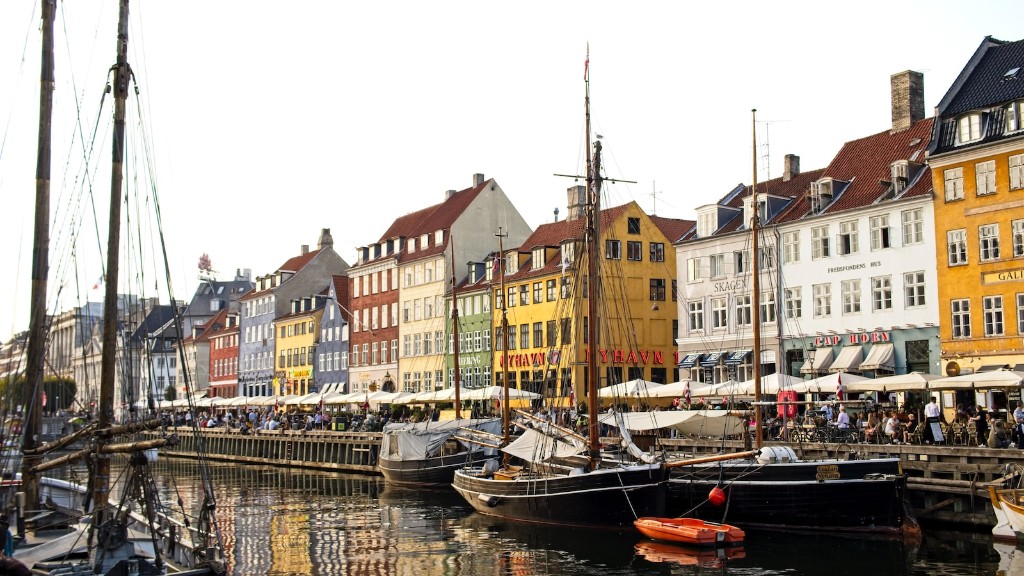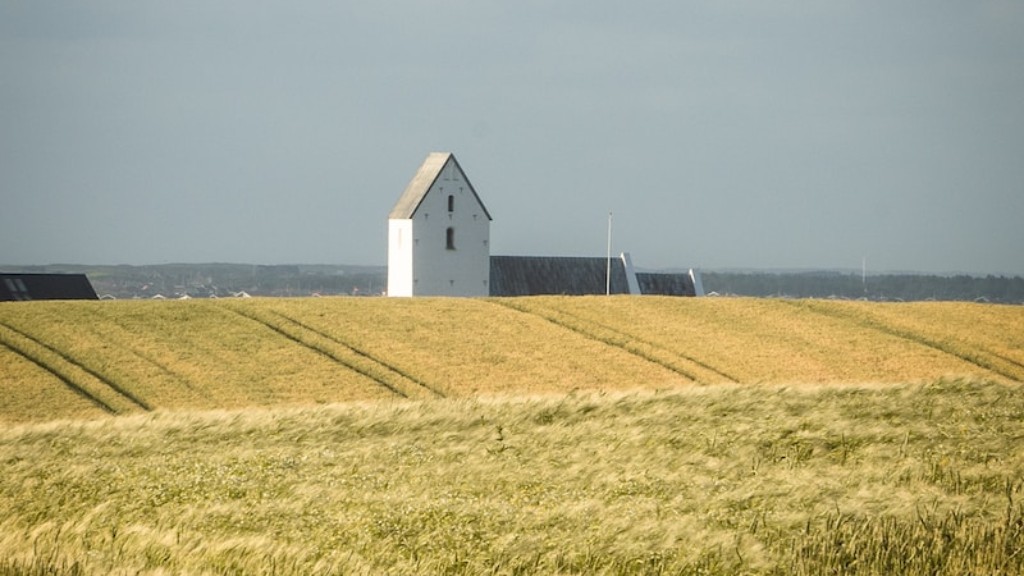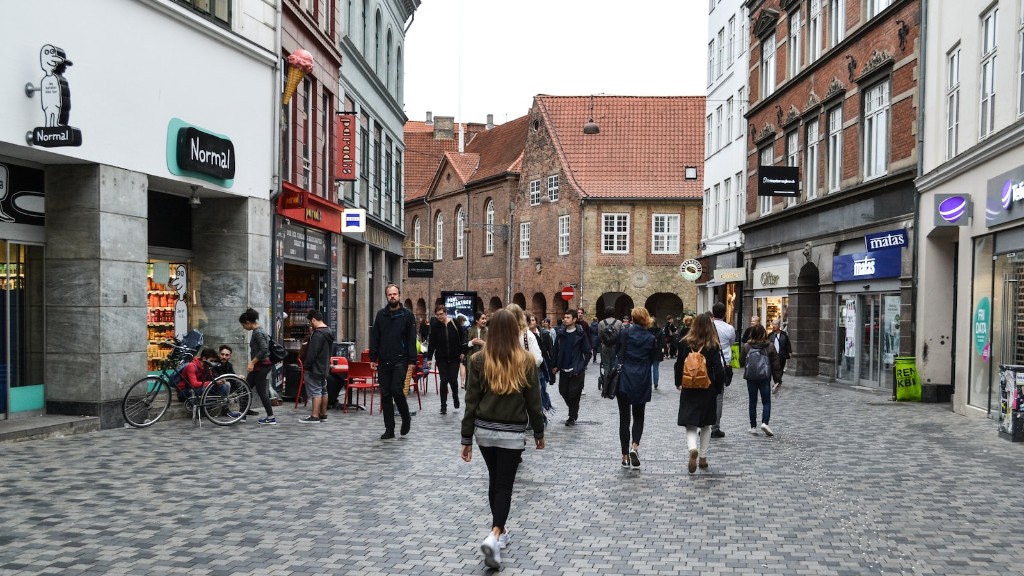Princess Louise Augusta of Denmark
Princess Louise Augusta of Denmark was born on July 7, 1771, in Hørsholm, Denmark. She was the daughter of King Christian VII of Denmark and Queen Caroline Matilda of Great Britain. Louise Augusta had a remarkable life marked by her intelligence, artistic talents, and strong character.
As a member of the Danish royal family, Louise Augusta received an excellent education. She excelled in various subjects, including languages, history, and the arts. Her artistic abilities were particularly notable, as she had a talent for painting and music. Throughout her life, Louise Augusta continued to develop her artistic skills and became known as a talented amateur artist.
Despite her privileged position, Princess Louise Augusta faced personal challenges. Her relationship with her father, King Christian VII, was strained, mainly due to his mental illness. She found solace in her studies and artistic pursuits, which allowed her to express herself freely. Her resilience and determination in the face of hardship made her an inspiration to many.
One of the significant milestones in Princess Louise Augusta’s life was her marriage to Prince Frederick Christian II of Schleswig-Holstein-Sonderburg-Augustenburg. The couple wed on May 27, 1786, in Christiansborg Palace in Copenhagen. Their marriage was a strategic alliance aimed at strengthening ties between Denmark and the German principalities.
Throughout her marriage, Princess Louise Augusta played an active role in cultural and philanthropic activities. She used her position to support various charitable causes, particularly those focusing on education and the arts. Her passion for the arts led her to establish the “Familieselskabet” (the Family Society), a gathering of artists and intellectuals that aimed to promote and support Danish culture.
Princess Louise Augusta’s dedication to education was also notable. She believed in providing equal opportunities for all, regardless of wealth or social status. As a result, she founded several schools, including an orphanage, where children received an education and vocational training. Her efforts in the education sector were widely praised and proved instrumental in shaping Denmark’s modern education system.
Despite her significant contributions to Danish society, Princess Louise Augusta’s legacy often goes unnoticed. Her story is a testament to the strength and resilience of women in history, especially those who faced adversity and used their positions to make a positive impact. By highlighting her life and achievements, we can continue to honor and celebrate the remarkable Princess Louise Augusta of Denmark.
Early Life and Education
Princess Louise Augusta of Denmark was born on July 7, 1771, in the royal residence of Hørsholm. She was the third child of King Christian VII of Denmark and Queen Caroline Matilda, a sister of King George III of Great Britain. Despite the troubled relationship between her parents, Louise Augusta enjoyed a privileged upbringing. Her parents’ marriage deteriorated due to her father’s mental illness, which resulted in his erratic behavior and inability to fulfill his royal duties.
As a child, Louise Augusta received a comprehensive education befitting her royal status. She was not only taught the traditional subjects of the time, such as languages, mathematics, and history, but also honed her artistic talents. She developed a love for painting and music, skills that would accompany her throughout her life.
Louise Augusta’s artistic inclinations were fostered by her mother, Queen Caroline Matilda, who herself was a talented musician. She took great interest in her daughter’s education and encouraged her to explore her artistic abilities. Under the guidance of skilled teachers, Louise Augusta excelled in painting and music, becoming proficient in both arts.
Moreover, Louise Augusta’s interest in literature and philosophy expanded her intellectual horizons. She was known for her love of learning and often engaged in philosophical discussions with scholars and intellectuals. Her desire for knowledge and her curiosity about the world around her drove her to seek education beyond what was expected of a princess of her time.
Marriage and Family
In 1786, Princess Louise Augusta married Prince Frederick Christian II of Schleswig-Holstein-Sonderburg-Augustenburg. The marriage was arranged as a political alliance between Denmark and the German principalities. Prince Frederick Christian II was a distant relative of the Danish royal family, and his union with Louise Augusta aimed to strengthen diplomatic ties.
The couple’s wedding took place on May 27, 1786, at Christiansborg Palace in Copenhagen, Denmark. The ceremony was a grand affair, attended by prominent members of European nobility. Louise Augusta’s marriage to Prince Frederick Christian II marked the beginning of a new chapter in her life, one that would see her actively participating in cultural, charitable, and philanthropic activities.
Princess Louise Augusta and Prince Frederick Christian II had three children together: Christian August, Caroline Amalie, and Louise Charlotte. Their children played significant roles in the European royal landscape, with Caroline Amalie marrying the future King Christian VIII of Denmark.
Cultural and Philanthropic Contributions
Princess Louise Augusta of Denmark was not content with solely fulfilling her role as a princess and a mother. Throughout her life, she used her position and influence to promote cultural and philanthropic causes that were close to her heart. Her dedication to the arts, education, and the welfare of the less fortunate left a lasting impact on Danish society.
One of the most notable contributions of Princess Louise Augusta was the establishment of the “Familieselskabet.” The organization, founded in 1809, aimed to support and promote Danish culture, particularly in the realm of the arts. The Family Society provided a space for artists, intellectuals, and like-minded individuals to gather, exchange ideas, and collaborate.
Under Louise Augusta’s patronage, the Family Society became a center for artistic excellence. It hosted regular musical concerts, exhibitions, and literary discussions. The society played a pivotal role in supporting Danish artists and fostering a sense of national identity through cultural expression.
Princess Louise Augusta’s commitment to education was evident in her establishment of schools and an orphanage. She believed in providing equal opportunities for all children, regardless of their social or economic background. Her efforts significantly contributed to shaping the modern Danish education system and ensuring access to education for the less privileged.
Furthermore, Louise Augusta’s philanthropic endeavors extended beyond education and the arts. She actively supported various charitable organizations dedicated to assisting the poor, the sick, and the orphaned. Her kindness and compassion for the less fortunate earned her respect and admiration from both the Danish people and the wider European community.
Legacy and Recognition
Despite her significant contributions during her lifetime, Princess Louise Augusta of Denmark’s legacy is often overshadowed by other prominent figures of her time. However, her impact on Danish society cannot be overstated. Her dedication to the arts and education helped shape the cultural landscape of Denmark, while her philanthropic efforts improved the lives of countless individuals.
In recent years, there has been a revived interest in Princess Louise Augusta’s life and accomplishments. Academics and experts have highlighted her perseverance in the face of personal hardships and her tireless pursuit of knowledge and artistic expression. By bringing attention to her story, they aim to inspire present and future generations.
Princess Louise Augusta of Denmark serves as a reminder that even those born into privilege can use their positions to create positive change. Her story is a testament to the power of resilience, determination, and compassion. By celebrating her life and continuing to learn from her example, we can honor her memory and ensure that her legacy lives on.





